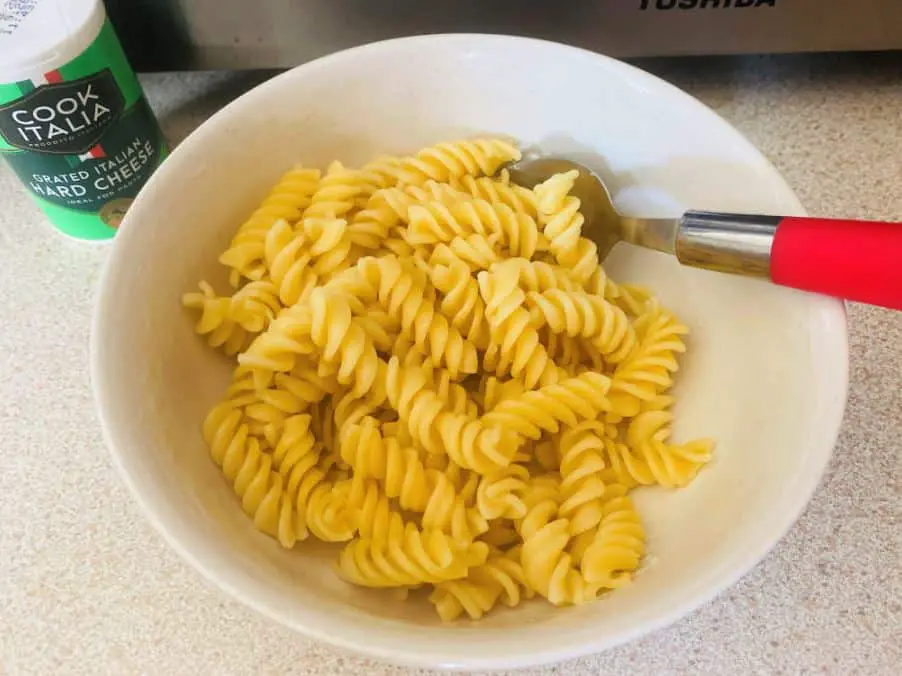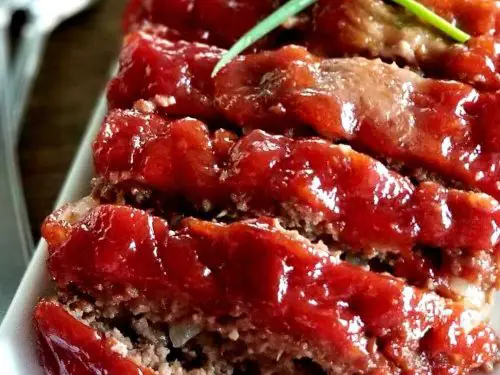Baking soda is a common ingredient in cooking and baking. It is used to bring a light, fluffy texture to baked goods and as a leavening agent in recipes that call for acidic ingredients, like vinegar or buttermilk. However, there has been some concern that baking soda may destroy nutrients in food. In this article, we will examine the science behind baking soda, the importance of nutrients in our diet, the effects of high heat on nutrients, research on baking soda and nutrient loss, and guidelines for using baking soda safely.
The Science of Baking Soda
Baking soda is also known as sodium bicarbonate. Its chemical formula is NaHCO3. When it comes into contact with an acid (like vinegar), it releases carbon dioxide gas, which causes doughs and batters to rise. This reaction results in a light texture in baked goods.
The Importance of Nutrients in Food
Nutrients are essential substances that our bodies need to function properly. Eating a varied, nutrient-rich diet can boost our immune system, reduce our risk of chronic illnesses such as heart disease and cancer, and improve overall health.
The Effect of High Heat on Nutrients
When food is exposed to high heat during cooking or baking, some vitamins and minerals may be destroyed or lost. For example:
- Vitamin C can be destroyed by heat.
- Minerals such as potassium and magnesium may dissolve into cooking water.
- Cooking proteins at high temperatures can cause them to denature (unfold), making them less digestible.
However, not all nutrients are affected by heat. Some vitamins actually become more available after cooking – for instance beta-carotene found in carrots.
The extent of nutrient loss depends on many factors including the temperature at which the food was cooked at , length of cooking time , amount of water added etc,
Research on Baking Soda and Nutrient Loss
The existing studies about the effect of baking soda on nutrient loss are varied. Some animal studies have shown that the alkaline nature of baking soda can cause a decrease in protein digestibility and absorption, which may lead to reduced levels of certain B vitamins. On the other hand, human trials have shown no significant difference in nutrient absorption between foods cooked with and without baking soda, however this research is inconclusive since only a few studies have been done.
It is worth noting, however, that most studies on nutrient loss only consider small changes whereas long-term consumption practices may cause larger effects that further research may reveal.
Guidelines for Using Baking Soda Safely
If you want to use baking soda safely while minimizing nutrient loss, here are some tips:
1. Use it sparingly
Baking soda should be used sparingly because it is very basic (has high pH) and can change the flavor and texture of food when consumed in large amounts. The recommended amount varies on quantityof food being cooked or baked as well as desired results.
2. Add it at the correct time
When using it as a leavening agent for baked goods – like cakes or muffins – bake immediately after combining wet&dry ingredients for best results.
When using it to make boiled vegetables tender – add during cooking time so nutrients leak out into cooking water . One can alternatively steam vegetables to minimize contact with water.
3. Consider alternative ways of preparing your food
Consider other cooking techniques like sous vide or slow cooker where food cooks at lower temperatures over longer periods making retain more nutrients compared to high heat cookery techniques like grilling or frying.
Conclusion
While there has been some concern about baking soda’s potential impact on nutrient levels in food through indirect association with high heat cooking techniques – research to confirm this assumption is still limited , hence uncertain and open which means its safe usage remains restricted but not necessarily suffocating its usability for cooking and baking. Therefore choose your cooking methods wisely to ensure minimal loss of nutrients during preparation.
Q&A
Does baking soda affect the nutritional value of food?
Baking soda is known to be an effective ingredient in cooking as it helps in boosting the texture and flavor of certain dishes. However, the question persists: does baking soda destroy nutrients?
What are the actual effects of using baking soda in cooking?
While baking soda may alter some nutrients in certain food items, research studies only indicate a minor loss in vitamin C when used for longer periods. Yet, it is best to use baking soda in moderation to avoid any potential impact on nutrient density.
Are there any benefits of adding baking soda to your diet?
Many advocates believe that consuming small amounts of baking soda daily can help neutralize stomach acid and improve digestive functions. It has also been shown to reduce inflammation and aid in maintaining a healthy pH level in various parts of the body.
Can excessive use of baking soda create health issues?
While adding small amounts of baking soda may offer some benefits, overuse can lead to severe side effects like electrolyte imbalances, high blood pressure, and muscle weakness. Therefore, it’s better not to exceed recommended levels when using this ingredient in culinary preparations or as an intestinal antacid therapy.





